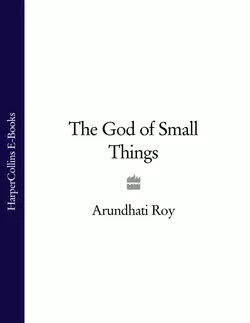The God of Small Things

Arundhati Roy
Тип: электронная книга
Жанр: Современная зарубежная литература
Язык: на английском языке
Стоимость: 697.21 ₽
Статус: В продаже
Издательство: HarperCollins
Дата публикации: 16.04.2024
Отзывы: Пока нет Добавить отзыв
О книге: The God of Small Things, электронная книга автора Arundhati Roy на английском языке, в жанре современная зарубежная литература